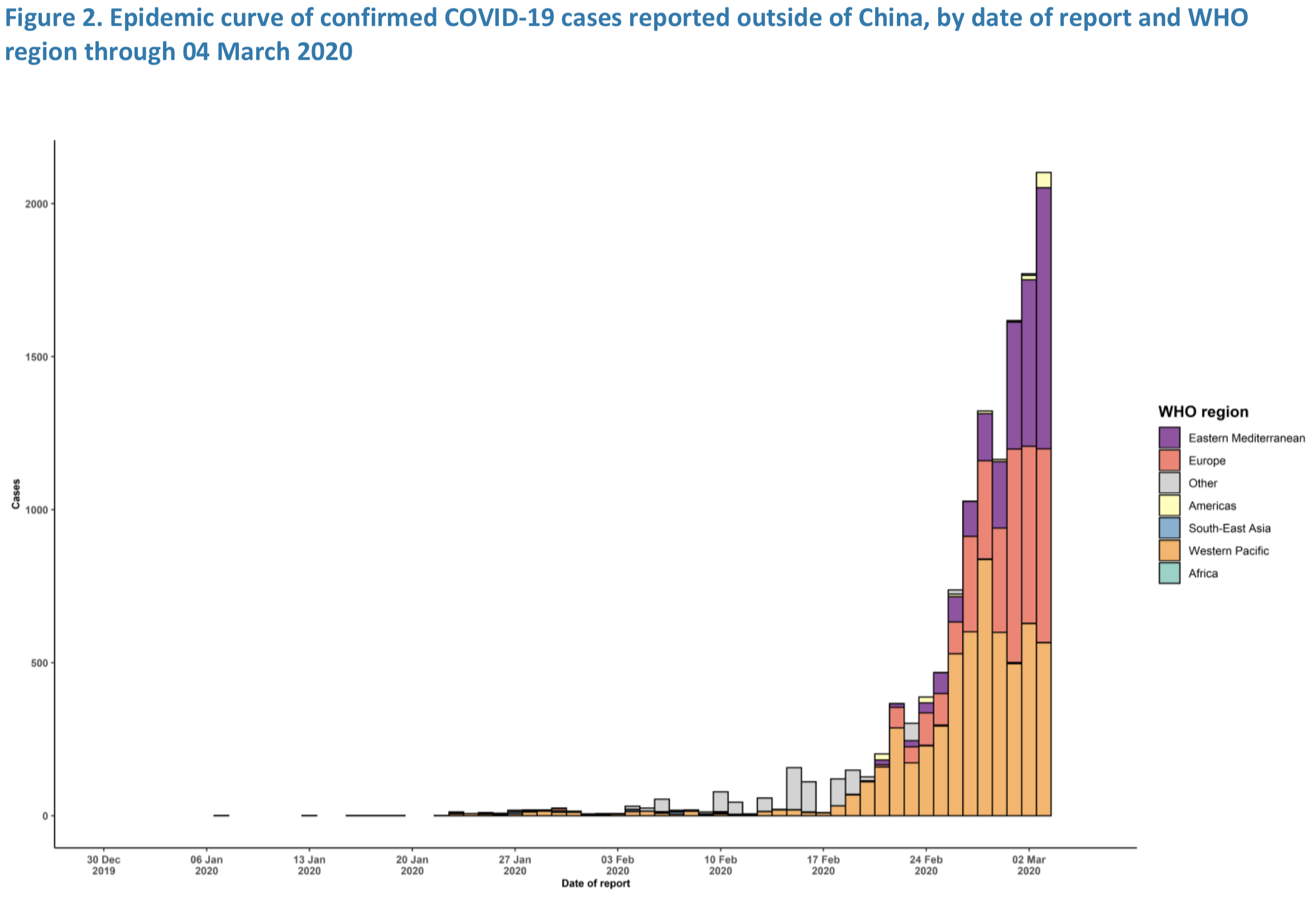Coronavirus has become a rapidly growing global concern over the past several weeks. Various news media outlets have made it an intense area of interest, adding to the apprehension about this illness. While there is much we don’t understand about this virus, we would like to share some of our research, steps to prevent the spread of this illness, and natural remedies that might be useful in the case of a viral exposure.
Coronavirus Disease 2019
Coronaviruses (CoV) is a classification of the large family of viruses found in both mammals and birds. Recently, coronavirus disease 2019 (COVID-19) was identified as a new strain of coronavirus. Coronaviruses are zoonotic, meaning they are transmitted from animals to humans. As far as we know, coronaviruses also are transmitted from human to human through contact with infected people or surfaces as well as bodily fluids. There is much speculation about the origination of COVID-19.
Statistics
Here are the COVID-19 statistics according to the World Health Organization at the time of this writing.
This graph represents the concerning curve of worldwide cases outside of China and the potential for significant growth in the Americas.
95,333 confirmed cases of COVID-19 globally
China has 80,565 confirmed cases with 3,015 deaths from COVID-19
COVID-19 has been confirmed in 82 countries. Countries of most concern are China, Korea, Italy, Japan, France, Germany, and Iran.
The current fatality rate is roughly 1% of those affected
While there is much concern and coverage over COVID-19, we thought you might be interested in seeing the estimated influenza statistics from the Centers of Disease Control from October 1, 2019-February 22, 2020. These statistics may be helpful in putting COVID-19 statistics into perspective.
32,000,000 – 45,000,000 cases of influenza in the United State
18,000 – 46,000 deaths from influenza in the United States
Diagnosis
Diagnosis for COVID-19 is usually based on a health history, serum testing, or swab. One of the challenges with this virus is that someone could be contagious and shedding the virus for weeks prior to any symptoms being exhibited. The incubation period for this virus is thought to be up to 27 days long!
Who is at Risk for COVID-19
Currently, it seems that those who are immunocompromised are at an increased risk for COVID-19. These include those who are:
Elderly
Chronically immune depleted
That being said, of this group, the elderly seem to be the most susceptible. Additionally, there are chronic conditions that can put individuals at more risk, these include:
Cardiovascular disease
Diabetes
Various lung conditions
Symptoms
Symptoms of COVID-19 can look like other common illnesses and respiratory infections. These include:
Fever
Cough
Shortness of breath and/or difficulty breathing
Headache
Sore throat
Runny nose
Chest pain
In cases where COVID-19 progresses severely, pneumonia, kidney failure, severe acute respiratory syndrome or even death can occur.
Stratagies for Preventing COVID-19
Many of these strategies are what is recommended for protecting yourself from many different viruses and communicable diseases
Wash your hands in warm, soapy water for at least 20 seconds
Use non-toxic hand sanitizer. Restorative Kitchen also has a great recipe
Avoid touching mucus membranes including your eyes, nose, and mouth with unwashed hands
If possible, distance yourself from someone showing cold or flu-like symptoms. At least 6 feet is a good rule of thumb
Clean “high-touch” surfaces with a disinfectant. We recommend using non-toxic cleaners that are highly effective
Avoid sugars and processed foods in your diet as they significantly weaken your immune system
Stay properly hydrated, drinking at least half of your body weight in ounces of filtered water
Prioritize getting quality sleep
Manage stress appropriately
Exercise regularly
Supplements to Consider for Preventing COVID-19
While we do not have a lot of information on the most effective remedies for preventing and reversing COVID-19, the following list of supplements are likely to prevent and/or shorten the duration and severity of viral infections. Please seek insight from your doctor to understand which supplements would be helpful for you.
Vitamin A
Research shows optimal vitamin A levels play an important role in protecting against viruses and other infectious diseases. We like to check vitamin A levels before supplementing with vitamin A because it is a fat-soluble (storable) nutrient. Additionally, research indicates that sub-optimal vitamin A status is a risk factor for respiratory illness. Based on the role optimal vitamin A status has is preventing and shortening the severity and duration of other viruses, it is likely it would be helpful with COVID-19.
Vitamin C
An important tool to support the body’s immune system, we recommend adults take 300 milligrams for preventative measures and increasing the dose to 1,000-3,000 milligrams daily during acute illness. This vitamin is also a critical antioxidant for the body.
Vitamin D3
Vitamin D3 has powerful immune-supporting properties that protects the body from various infections. Again, because vitamin D is fat-soluble, we recommend getting your vitamin D levels checked to understand the effectiveness of supplementing for each individual and to accurately dose this vitamin. It should be noted that an overwhelming percent of patients that we test at the office are deficient in this nutrient and are far from being at an optimal level.
Elderberry
Research shows that elderberry is powerfully effective at preventing and shortening the duration of upper respiratory infections and viruses including influenza. While we do not have information about elderberry’s effectiveness against COVID-19, we think it is likely to benefit those hoping to prevent COVID-19. Our tried and true recipe is in Restorative Kitchen.
Glutathione
Research shows that the glutathione system plays a key role in reducing oxidative stress in the lungs and reducing the impact of infection. Interestingly, glutathione status gradually diminishes with age, which may contribute to the increased risk of COVID-19 with greater age. Extracellular antioxidants help promote an aggressive immune response and proper regulation of the immune response.
L-lysine
L-lysine has powerful anti-viral properties. Virus replication is partially dependent on the availability of certain amino acids. The amino acid arginine is an essential requirement for the replication of viruses and progression of viral infections. L-lysine, another amino acid, has an antagonistic relationship with arginine and therefore inhibits a viruses ability to reproduce.
Colloidal Silver
Silver has been used as a medicine since ancient times to treat various ailments, including the bubonic plague. Colloidal silver is a suspension of pure metallic silver in water. It has been shown to dramatically reduce the activity of various viruses. Colloidal silver inhibits the enzymes that allow a virus to utilize oxygen which essentially suffocates viral activity.
Other Notable Mentions
Other powerful immune supporting supplements include probiotics, colostrum, echinacea, green tea, olive leaf, St. John’s Wart, zinc, and selenium. Again, we recommend optimizing zinc and selenium levels based on your body’s need via functional blood work. These herbs and nutrients can also hold an important place in an effective anti-viral protocol.
The Cytokine Storm
There has been some concern recently about taking elderberry and other antioxidant nutrients as a preventative measure for COVID-19 and influenza. Sadly, there have been extremely rare occurrences of individuals with influenza dying as a result of a cytokine storm that have been highlighted in the media. The reality is, and Dr. Ashley wrote briefly about this in Restorative Kitchen, that there is even a very small concern for creating a cytokine storm by taking herbs like elderberry in individuals with various conditions and autoimmune diseases (hashimotos, PANDAS/PANS, lupus, Crohn’s, etc.)
We don’t understand the exact physiology of what happens as a result of a cytokine storm. There is both an overreaction AND and underreaction of the immune system involved in the cytokine storm. The components of our immune system the create inflammation are in overdrive and those that are meant to regulate it are inadequate. One thing that we must remember is that inflammation is actually a GOOD process that is critical for healing and resolving disease. We actually need inflammation to heal and resolve issues in the body. The problems occur when the inflammation is unregulated. During a cytokine storm there is dysregulation of this inflammatory response and commonly there is a lack of antioxidants present in the body to combat the result of this issue. Many immune supporting supplements such as vitamins A and C, glutathione, and elderberry help to clean up the oxidative stress and free radicals that are created by infection and the inflammatory cytokines. Since many of us are not consuming adequate quantities of antioxidants in our diets, it is critical to be supplementing our bodies during periods of illness.
Final Thoughts
We suggest being proactive rather than panicked in regards to COVID-19. While COVID-19 is a new virus that has not had time to be adequately researched, taking some precautionary steps can empower you to feel peace of mind. We stock each of these supplements at our clinic. Please contact our office if you would like help with a natural anti-viral protocol.
Sources
https://www.nejm.org/doi/full/10.1056/NEJMp2003762
https://ods.od.nih.gov/factsheets/VitaminA-HealthProfessional/
https://ods.od.nih.gov/factsheets/VitaminC-HealthProfessional/
https://ods.od.nih.gov/factsheets/VitaminD-HealthProfessional/
https://www.ncbi.nlm.nih.gov/pubmed/20510876
https://www.ncbi.nlm.nih.gov/pubmed/8540746
https://www.ncbi.nlm.nih.gov/pubmed/24603841
https://www.ncbi.nlm.nih.gov/pmc/articles/PMC3993170/
https://www.ncbi.nlm.nih.gov/pubmed/26149265
https://www.ncbi.nlm.nih.gov/pubmed/4256170



